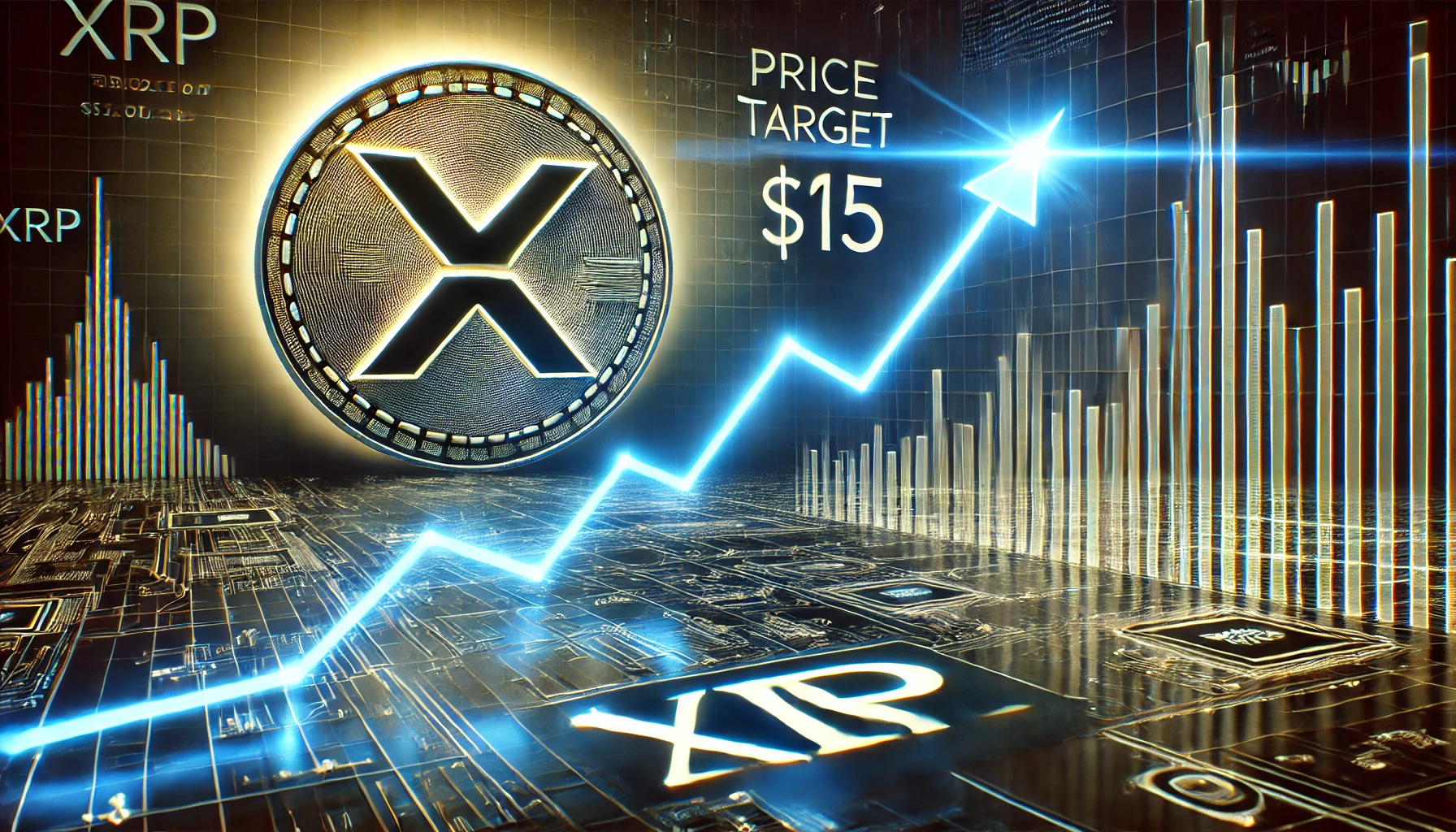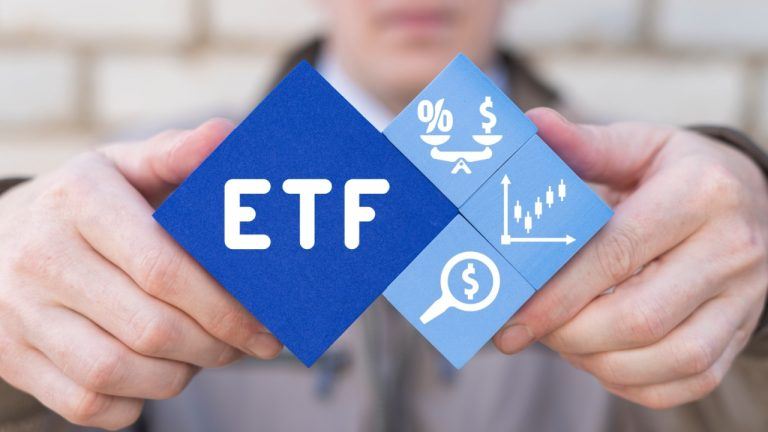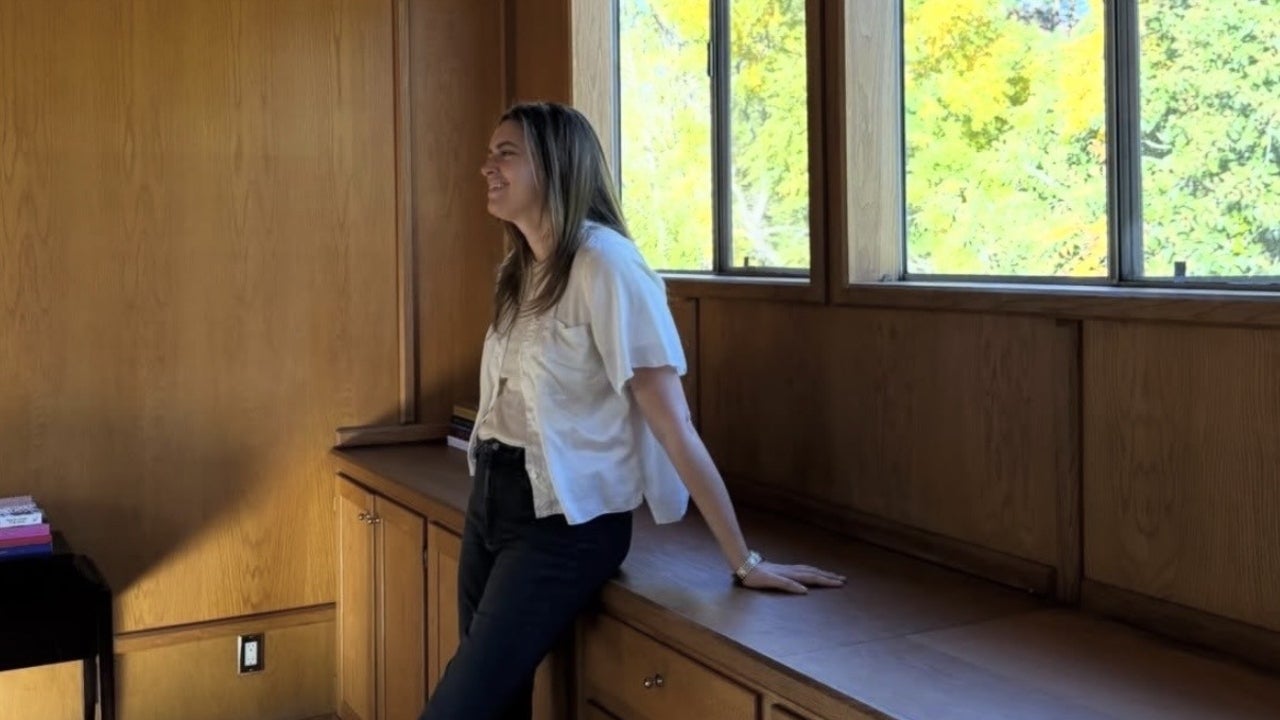Tesla shares retreat following sharpest rally since 2013
After soaring 23% on Wednesday due to President Trump's pause on most new tariffs, Tesla shares dropped on Thursday along with the broader market.

Tesla CEO Elon Musk wears a 'Trump Was Right About Everything!' hat while attending a cabinet meeting at the White House, in Washington, D.C., U.S., March 24, 2025.
Carlos Barria | Reuters
Tesla shares slumped on Thursday, reversing course a day after the electric vehicle maker had its biggest gain on the market since 2013.
The stock dropped 7.3% to close at $252.40 and is now down 38% for the year, by far the biggest decline among tech's megacap companies. That's true even after the shares soared 23% on Wednesday, their second-sharpest rally on record.
President Donald Trump sent stocks up on Wednesday after announcing he would pause steep tariffs for many U.S. trading partners for 90 days to allow for negotiations. He set a minimum tariff rate of 10% while negotiations take place, but increased the tariff on China.
The whole market has whipsawed on President Trump's changing plans, but Tesla has been particularly volatile, rising or falling by at least 5% on 19 different occasions this year.
The slump on Thursday came after the White House clarified that China's tariff rate now stood at 145%. Beijing announced a reciprocal 84% tariff rate on U.S. goods, effective April 10. And the EU said it approved reciprocal tariffs on U.S. imports.
As questions swirled about the type of deals the U.S. might strike, analysts at UBS, Goldman Sachs and Mizuho cut their price targets on Tesla, with all three citing margin impacts of Trump's auto tariffs.
"We expect Tesla shares to be volatile but downward sloping considering the rich valuation (especially compared to the other Mag7 stocks) in a skittish market," UBS wrote. The firm, which has a sell rating and price target of $190, said it also sees "demand concerns."
Tesla has experienced brand deterioration, declining deliveries and has been hit with protests along with some criminal acts targeting its facilities and vehicles. CEO Elon Musk, one of President Trump's top advisers, has drawn heat to Tesla for his work in the White House, where he has slashed government spending and the federal workforce. In Europe, he has faced opposition after endorsing Germany's far-right AfD party.
Tesla sales declined across Europe in the first quarter, according to data from European Automobile Manufacturers' Association (ACEA) and others.
The uncertainty and threat of new tariffs has been troubling for Tesla's margin outlook. The company sources many parts and materials from suppliers in China, Mexico and elsewhere.
Sales growth for Tesla previously hinged on the company's ability to manufacture and sell a high volume of its cars and battery energy storage systems throughout Europe and Asia. EV competition has ramped up on both continents recently, and now the company has to contend with highest costs imposed by levies.
Musk has taken his anger out on Trump's top trade adviser Peter Navarro, calling him a "moron" and "dumber than a sack of bricks" in social media posts earlier this week. However, Musk has shown his approval of the administration's hard line against China, sharing a clip on X of U.S. Treasury Secretary Scott Bessent discussing the matter.
"China's business model is predicated on this incredible imbalanced economy, and exporting low-cost goods - and subsidized goods - to the rest of the world," Bessent said in the clip.
Thursday's selloff provided some relief to Tesla short sellers, who got hammered in the prior day's rally. According to S3 Partners, Tesla short interest stood around 80.5 million shares, with a 2.8% float as of Thursday. It's one of the top four equity shorts in terms of notional value, at $17.9 billion. Short sellers bet on the decline in a stock and lose money when it goes up.


 UsenB
UsenB 































